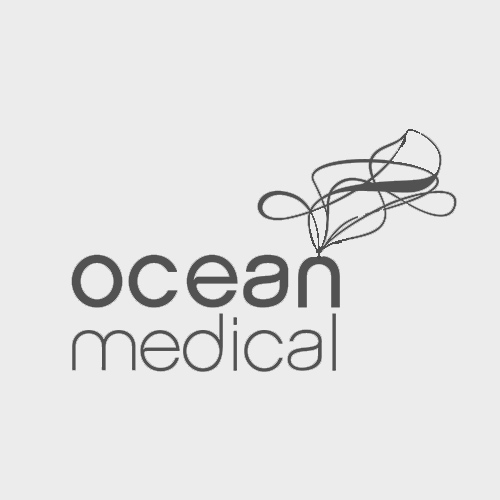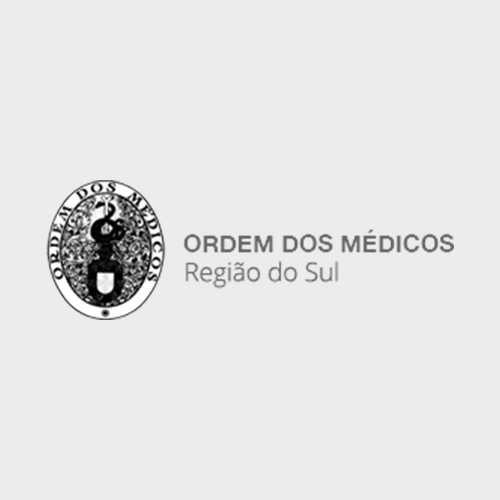The Republic of Chad, landlocked in the centre of the African continent remains as one of the poorest nations on earth. According to the World Bank: “Chad’s economy remains fragile and is vulnerable to considerable risk, such as oil price volatility and regional insecurity.”
Currently Chad´s economy relies heavily on agriculture and livestock, areas that are struggling with the growing desertification throughout the region and increasing difficulty in accessing water on the shrinking Lake Chad. However, according to the World Health Organisation of Animal Health (OIE) Chad is still “a livestock farming country par excellence,” with a “total of 94 million heads of cattle” making it “the second most significant source of income behind oil and contributes 53% of national GDP.”
In an attempt to try to decrease the country´s external debt, Chad proposed to pay off the debt to Angola with cattle. Angola accepted the deal as a way to rebuild its cattle population in drought-affected areas, the state-run daily paper said.
BBC News reported that “More than 1,000 cows arrived by ship in Angola's capital, Luanda, as the first payment. In total, Angola would receive 75,000 cattle over 10 years, meaning it has accepted payment of $1,333 per animal. Chad would send a further 3,500 head of cattle later this month.”






